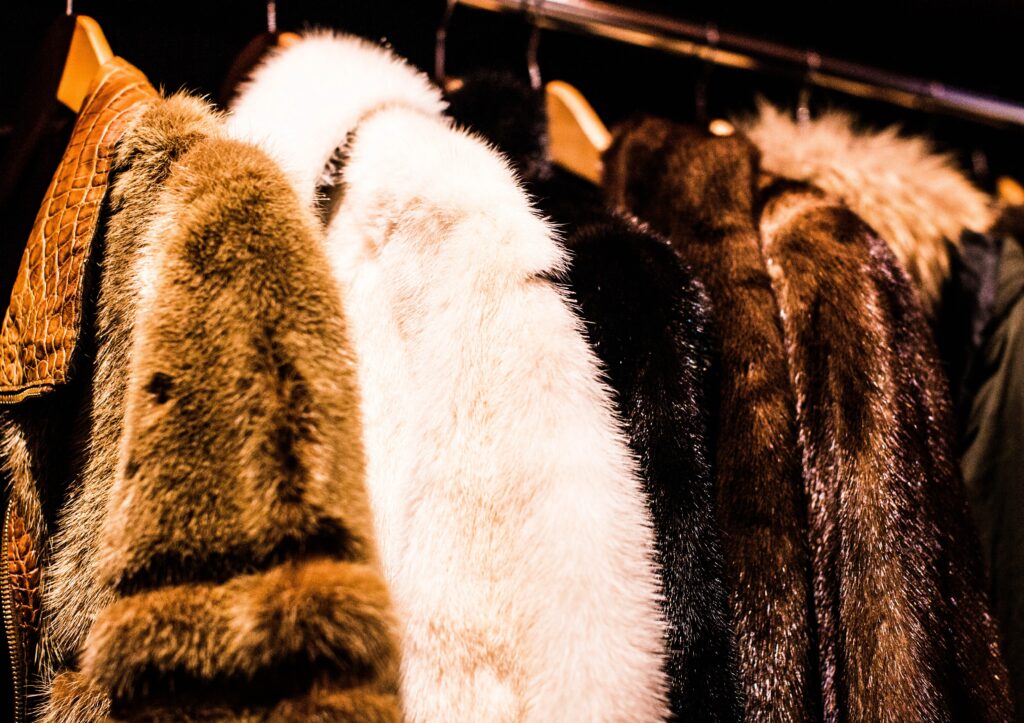
Friday, Sept. 24, 2021 (Updated Thursday, Oct. 7)
Ballot language
Shall the City of Boulder prohibit the sale and manufacture for sale of certain fur products?
What it means
Should Boulder ban the sale, manufacture and trade of new fur products?
Exemptions are included for
- Indigenous peoples (as defined by state and federal law)
- Used fur or fur products (in thrift stores, etc.)
- Leather, lamb and sheepskin, cowhide, taxidermy, or dog and cat fur
Who is supporting
This initiative was brought forward by Fur-Free Boulder, a group of Boulderites “focused on ending the exploitation of animals in the fur industry.” Backers are officially registered with the city as The Humane Clothing Act Committee.
Campaign spending
Contributions: $0
Expenditures: $0
As of Oct. 5
Who is opposed
Business owner Laurel Tate, of Two Sole Sisters shoe shop, heads up the official opposition group, NO on 301: A Wolf in Sheep’s Clothing. Other business owners are also opposed to this measure.
Campaign spending
Contributions: $0
Expenditures: $0
As of Oct. 5.
Why you might want to vote for this
The alleged abuses of the fur industry are well documented. That has led
many companies and entire countries
to ban or restrict fur farming. The nation of Israel, state of California and five U.S. cities have prohibited fur sales
the way this measure would, according to Fur-Free Alliance. (Fur-Free Boulder is not affiliated with the Alliance, according to organizers.)
Even if the production of fur is done without abuse or cramped conditions, killing animals for clothing or decoration is no longer necessary, advocates argue. In our world of cottons, linens, synthetic, recycled and plant-based materials, fur has become “outdated and unnecessary.”
Many exemptions have been crafted for more common animal products like leather, which should limit its impact on businesses.
Why you might not want to vote for this
It’s unknown how many Boulder businesses currently operating are primarily selling and/or manufacturing fur products. Several businesses do sell and/or manufacture products that may be impacted by the ban. Many hats, for instance, use felt from beaver pelts and/or English hares.
At least one company, Royal Stag Hats, says they are “100% (dependent) on animal fur products. If this passes, co-owner Jonas Leuenberger wrote, “we will be out of business by January.”
The extent of the impacts on other businesses are unknown; business owners report confusion over which of their products may fall under the ban. Nonetheless, they argue that businesses can’t afford to take any losses so close on the heels of COVID closures.
Combined with the long list of exemptions and the fact that fur has fallen out of favor anyway — the world’s largest fur auction house plans to close in 2023, New York Times reported earlier this year, and Macy’s and Bloomingdale’s intend to close their fur salons as well — some people argue that the law is largely symbolic and, therefore, unnecessary.
Others have argued against limiting personal freedom and choice, even as it pertains to killing animals which, they point out, many humans happily do for food. As the Daily Camera pointed out (in the best take on this issue), the measure does not distinguish between farm-raised fur and wild-trapped or caught animals, and so may conflict with state law.
Author’s note: This article has been updated to reflect reported business impacts and the formation of an official opposition campaign.
— Shay Castle, @shayshinecastle
Want more stories like this, delivered straight to your inbox? Click here to sign up for a weekly newsletter from Boulder Beat.
Elections ballot Boulder citizen petitions city council city of Boulder elections fur ban Fur Free Boulder Humane Clothing Act petition
